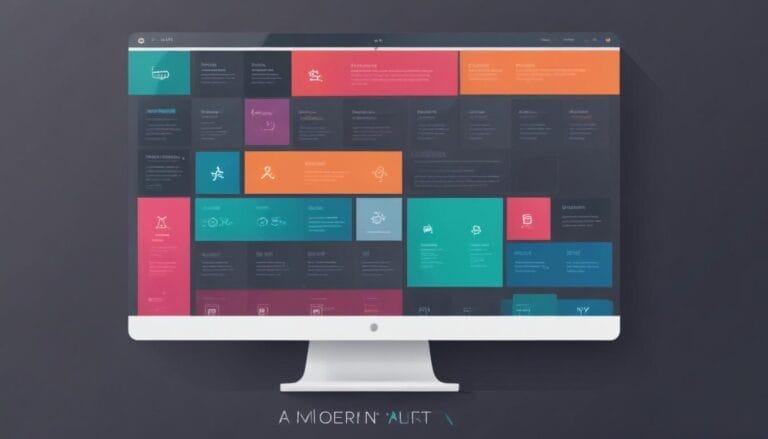When it comes to collaborative web design, tools like Figma are revolutionising the way teams work together. Its intuitive interface and powerful features have made it an indispensable resource for design teams, independent designers, and businesses looking to streamline their website design projects.
What is Figma?
Figma is a cloud-based design tool that enables users to create, edit, and collaborate on designs in real time. Unlike traditional software that requires downloading and installation, Figma works directly in your browser, ensuring accessibility from anywhere in the world. Whether you’re creating intricate UI designs or collaborating on website design prototypes, Figma simplifies the process.
How Figma transforms collaborative web design
One of Figma’s standout features is its ability to bring teams together. Designers, developers, and stakeholders can collaborate on the same project simultaneously, eliminating the need for countless emails or transferring files back and forth. Here are some key ways Figma is changing the game for website design and beyond:
- Real-time collaboration: Multiple team members can edit and comment on a design at the same time, making it easy to iterate quickly and address feedback immediately.
- Version control: Figma automatically tracks changes, so there’s no need to worry about losing earlier versions of your work.
- Browser-based access: There’s no need to install software or worry about compatibility across devices. Work on your designs from any device with internet access.
- Cross-functional integration: Developers can inspect designs, copy code snippets, and export assets directly from Figma, reducing friction between design and implementation.
Figma’s impact on website design
Figma has proven to be particularly valuable for businesses and agencies involved in Hampshire website design. Its ability to foster collaboration means teams can work seamlessly, whether they’re in the same office or spread across different locations. This is especially important for small and medium-sized businesses that rely on efficient workflows to stay competitive.
Moreover, Figma’s ability to share design files instantly with clients allows businesses to maintain transparency and build trust. Clients can leave comments directly on the design, reducing miscommunications and ensuring the final product aligns with their vision.
Why Figma stands out for website design
For anyone involved in website design, Figma’s extensive feature set makes it a top choice. Here are some features that make it especially effective:
- Collaborative prototyping: Designers can create interactive prototypes that simulate the user journey, which can be reviewed in real time by stakeholders.
- Plugins and integrations: Figma’s library of plugins and third-party integrations makes it easy to extend its capabilities, whether you need to manage colour palettes or export assets effortlessly.
- Scalable design systems: Create and manage scalable design systems that ensure consistency across projects, making it easier to maintain branding and style guidelines.
The future of collaborative web design
The growing popularity of Figma has set a benchmark for what modern design tools should offer. With its emphasis on collaboration, accessibility, and flexibility, it has become a key player in the world of website design. As more businesses embrace remote working and distributed teams, the demand for cloud-based tools like Figma is only expected to grow.
If you’re considering improving your design workflows, Figma is a tool worth exploring. It’s a game-changer not just for designers but for anyone involved in creating, managing, or approving design projects. Whether it’s designing a new website or refreshing an existing one, Figma helps teams deliver exceptional results with less hassle.


